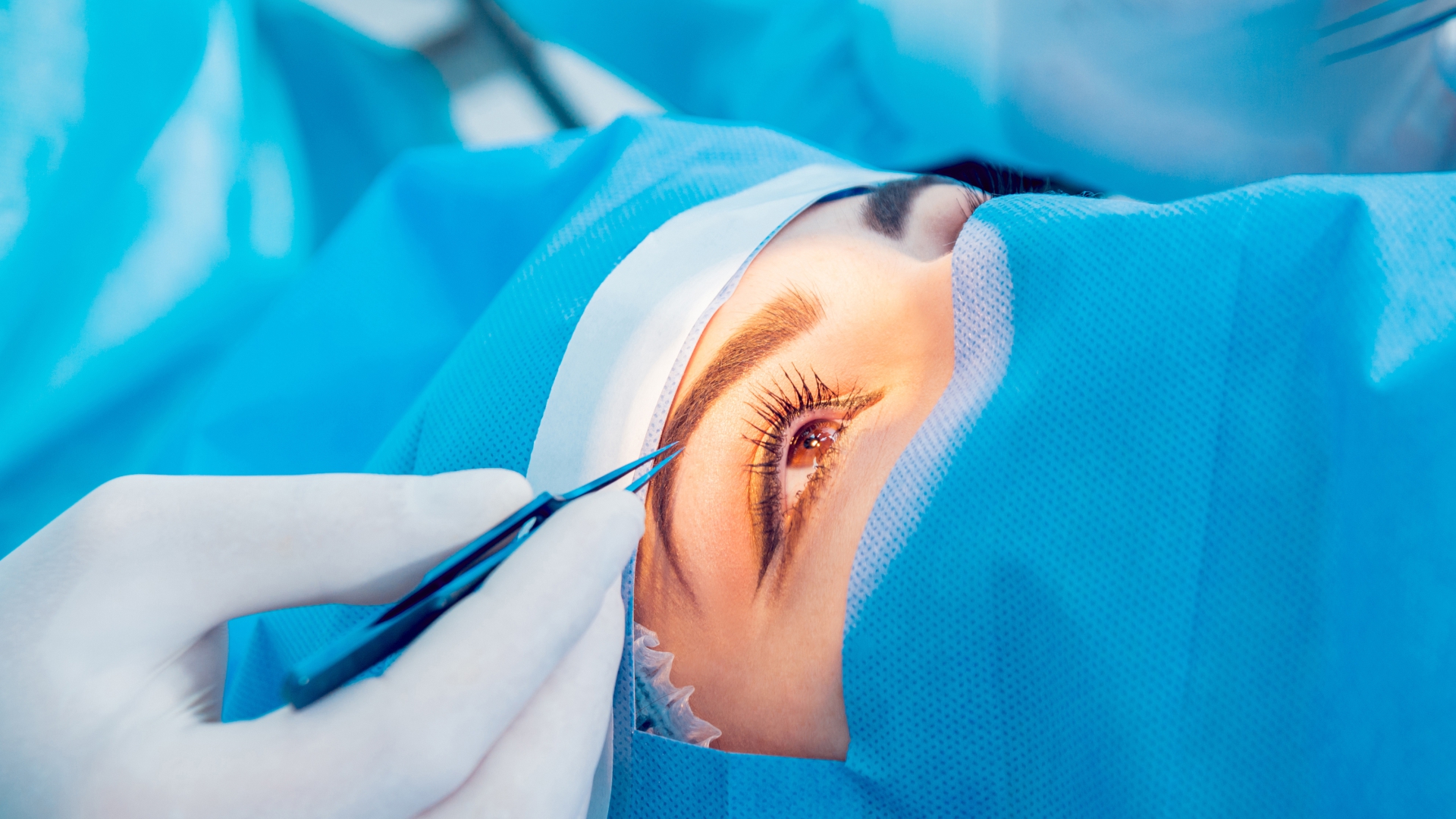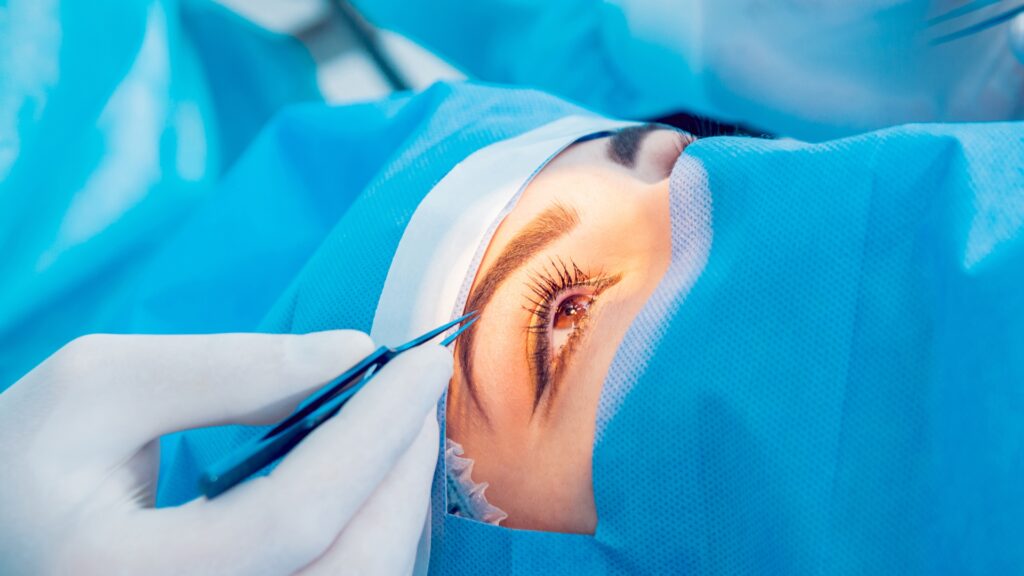Contact lenses correct vision problems, including myopia (near-sightedness), hyperopia (far-sightedness) and astigmatism (a combination of near-sightedness & far-sightedness). They give you the advantage of going around without the need to wear spectacles. You can’t wear them all day due to the risk of an eye infection.
You should consult an optometrist before deciding on the contact lenses suited for you. The lenses for each person depends on individual requirements such as long-term or short-term lenses, vision problem, usage, risk of infection, etc.
Factors that help you choose the right contact lenses
Choosing the right contact lenses can be quite a daunting task, with many factors to be considered carefully. Seek your doctor’s advice.
Let’s look at the factors that come into play when choosing one –
- Types of Contact Lenses: There are bifocal, multifocal, near-sighted and far-sighted lenses available. Bifocals help see near and far. But Multifocals contain all kinds of lenses, including bifocals, trifocals and other lenses in soft and rigid setups. Gas permeable and Toric lenses help correct astigmatism, near-sightedness & far-sightedness.
- Soft & Rigid Contact lenses: Soft contacts are used more, especially by first-time users. Silicone hydrogel or flexible hydrogel contacts allow better airflow to the eyes. Rigid contacts provide good visual acuity, resist deposit build-up & sound cheaper in the long run. Plus, they’re gas permeable.
- Duration of wear: You can wear contacts over a day, overnight or several days.
- You can use single-day contacts for hygiene & maintenance purposes
- Certain contacts allow good oxygen flow into the eyes and hence worn overnight with doctors’ approval
- Soft lenses can be worn for up to one week to one month, depending on the doctor’s suggestion
- Special needs: For certain needs such as infections, allergies or even driving, reading, etc., contact lenses are the best. Multifocal contacts allow you to adjust to multiple needs.
- Coloured contact lenses: You may use coloured contacts for attractive looks or special effects such as cat eyes. Get the doctor’s prescription to ensure the right fit and avoid side effects.
- The cost factor: The price of contact lenses will be an important factor in deciding the lenses you’ll be wearing. They vary according to your requirements, as prescribed by your doctor, such as astigmatism, myopia, hyperopia and others. The quality of lenses, duration of usage, and the brand is other important factor in deciding the same.
Follow your doctor’s advice for a hassle-free experience
Ultimately, your doctor is the best expert in guiding you through the process of getting yourself contact lenses. Even if you’re wearing them for fun or if you have the best vision.
Hence, keep these points in mind while getting yourself contact lenses. Don’t ignore them; your eyes are a delicate organ and an essential part of your life. Also, please don’t try someone else’s lenses to avoid risking infections.
We, at Sharat Maxivision, have been helping patients use contact lenses. We deal with some of the world’s best brands, and our skilled doctors can recommend you the right one. You’re most welcome to contact us best eye hospital in warangal if you ever need our assistance.




